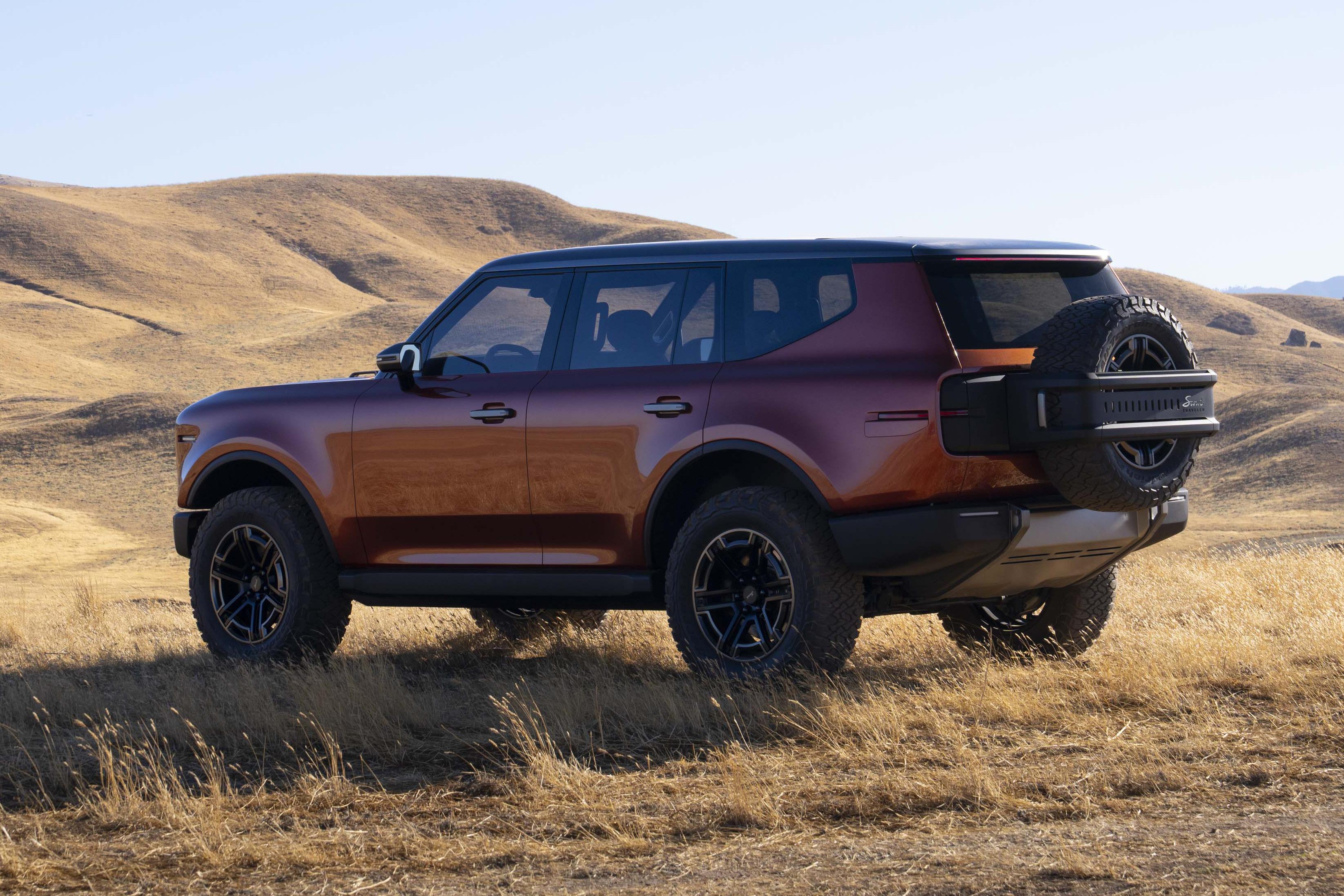
Audi to produce off-road SUV to rival Land Rover Defender – report
Audi is reportedly planning a rugged off-road SUV to compete with the popular Land Rover Defender and Mercedes-Benz G-Class, built in the US and based on the Scout platform.
Citing sources familiar with the matter, Automotive News Europe sister publication Automobilwoche reports that Audi has ruled out building its own US factory and will instead leverage Scout’s ladder-frame platform for the all-new model.
Audi and Scout are both part of the Volkswagen Group and Audi CEO Gernot Döllner has previously suggested a large off-road SUV would complement the premium German auto brand’s expanding model lineup, which will be joined by the all-new Q9 flagship SUV to be built alongside the next-generation Q7 at the VW Group factory in Bratislava, Slovakia from 2026.
CarExpert can save you thousands on a new car. Click here to get a great deal.

“We haven’t given up on that dream,” Mr Döllner told Automobilwoche when asked about the potential for a large Audi off-road SUV tailored for the American market to rival the likes of the Defender and G-Wagen.
Both large luxury off-roaders have been smash-hits globally and in Australia, where the Defender is JLR’s most popular model by far, despite being priced from about $100,000.
With 3379 sales to October this year – up 2.6 per cent year-on-year – the Defender is Australia’s top-selling large luxury ($80,000-plus) SUV.
And despite being available in just four variants priced above $200,000 – the G63 and G63 Offroad Pro AMGs, the diesel G450d, and the G580 EV – G-Class sales are up almost 36 per cent so far this year, to 466.
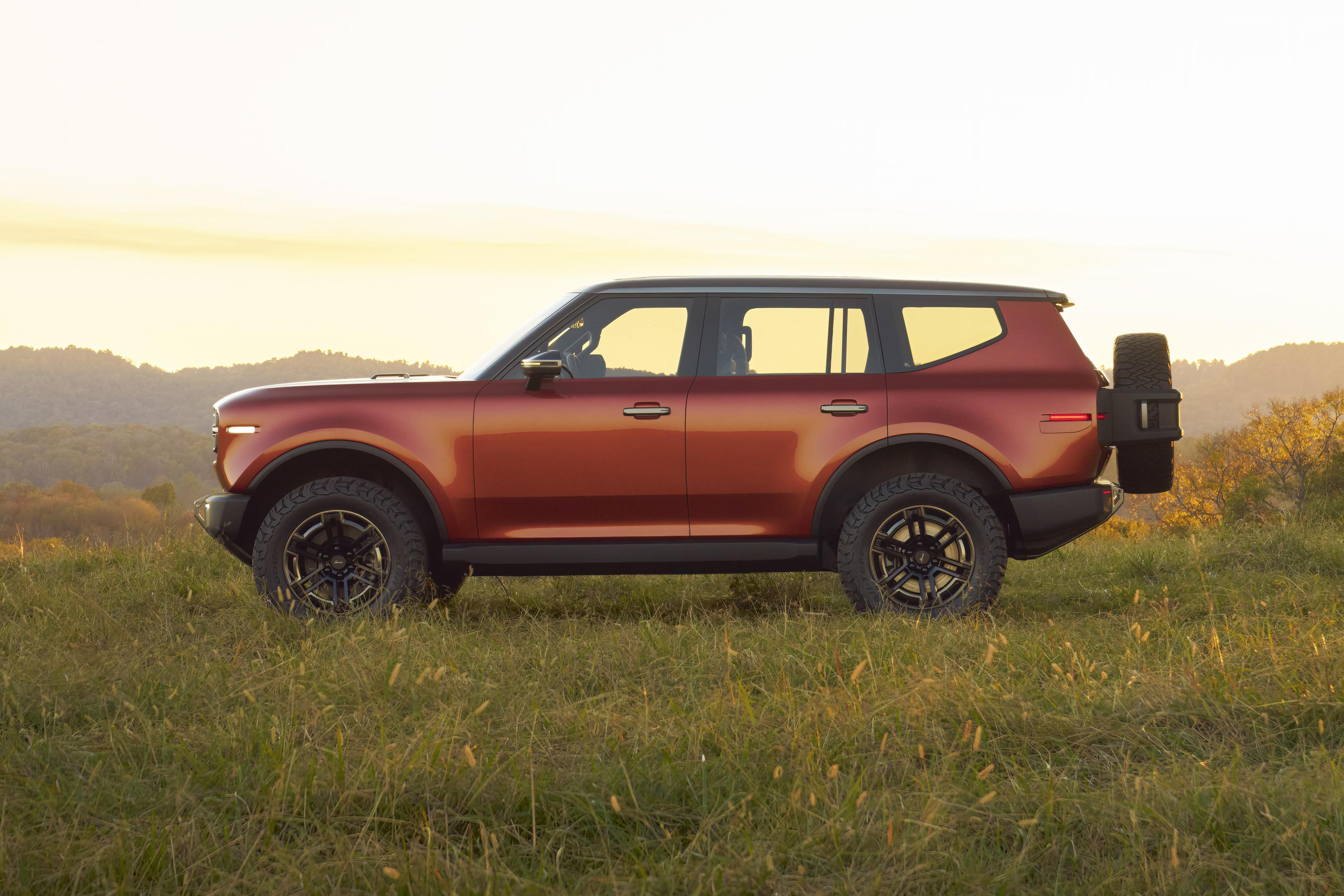
First revealed in October 2024, the Scout Terra pickup and Traveler SUV are expected to enter production by late 2027, in a new plant the VW Group is constructing in South Carolina.
Scout CEO Scott Keogh told Australian journalists at the Munich motor show in September that both retro-styled off-road models would eventually be sold in this market, following their release in the US and Canada in 2027.
“We want to nail America and Canada. Those will be our first markets and then after that we will look to other markets and certainly Australia’s on the list,” he said.
“Obviously, we’re not naive. We see the market in Australia, we see you like these sort of pickup trucks – let’s say [the] ‘get outdoors, can-do’ kind of vehicles, body-on-frame, rugged – and we’re certainly aware of the opportunity.”
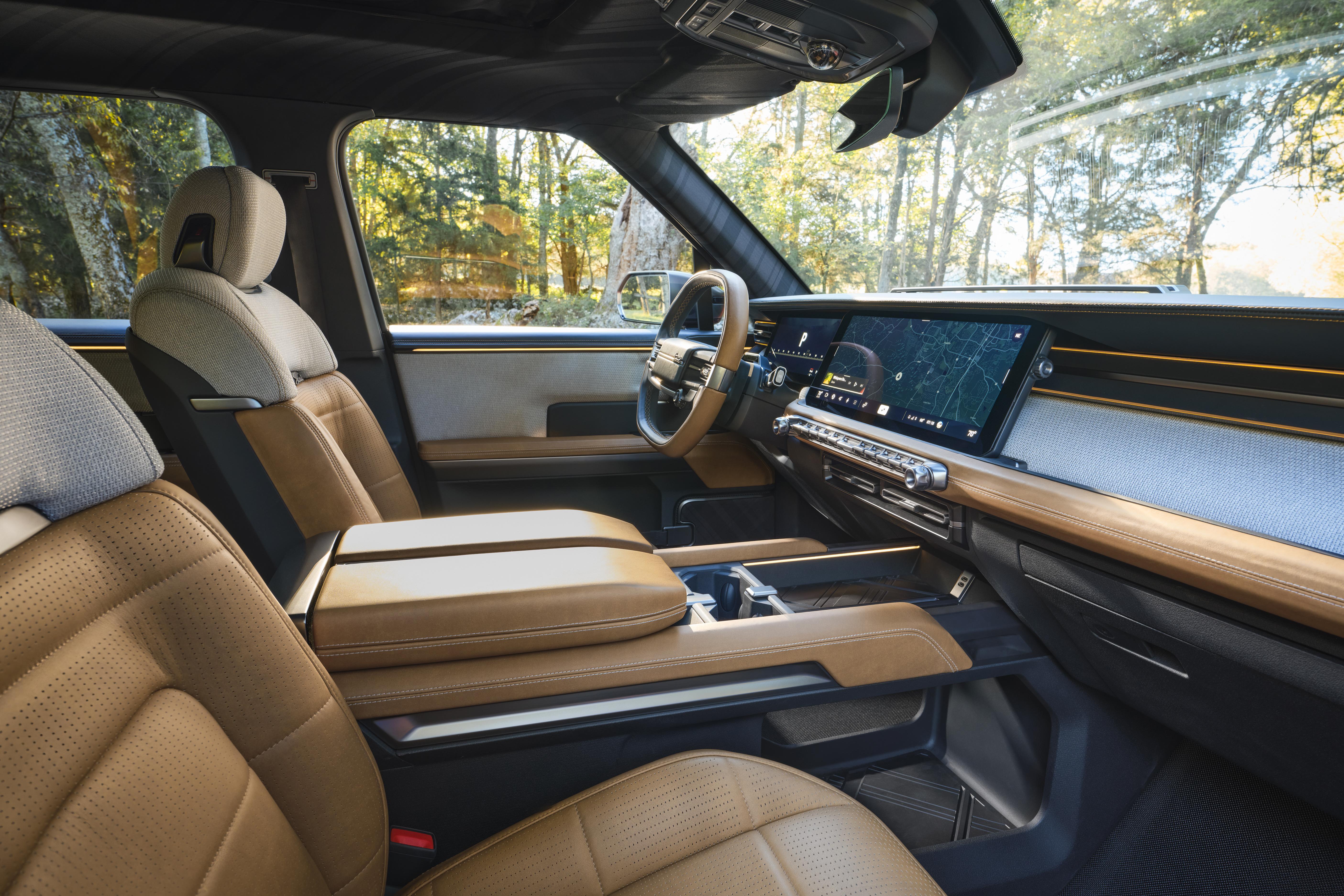
Like Scout, producing vehicles in the US for American consumers – and potentially right-hand drive export markets like Australia – will allow Audi to avoid high manufacturing investments and US import tariffs.
Audi doesn’t currently build vehicles in the US – a market for which it relies on imports from Mexico and Europe – but had been considering the establishment of a US production facility in locations such as Texas or VW’s existing plant in Chattanooga, Tennessee.
Mr Keogh recently confirmed the potential for expanding production at the upcoming Scout Motors Production Center, telling Automotive News: “There is certainly a possibility that other exciting products from the group will definitely be built there.”
While the Scout factory will have initial annual production capacity for more than 200,000 vehicles, Audi is keen to boost its market performance in the US, where sales dropped by 8.0 per cent to less than 130,000 vehicles in the first nine months of this year.
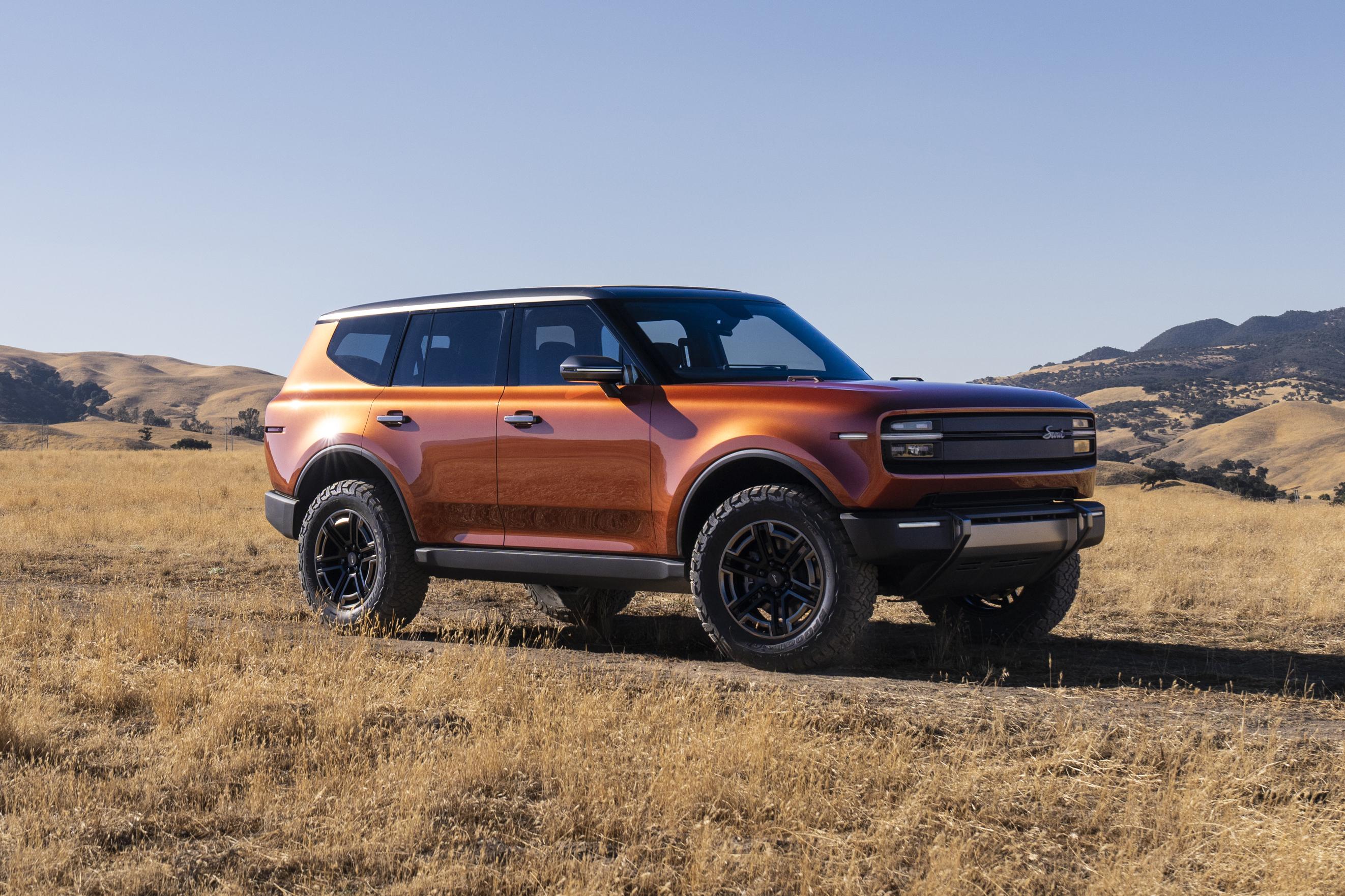
Higher import tariffs under the Trump administration have been at least partly blamed for Audi’s US sales slowdown, which led the company to lower its profit forecast for 2025, while Audi CFO Jürgen Rittersberger has said that US tariffs alone will cost the company an estimated €1.3 billion for the full year.
Last year the VW Group announced it would revive the Scout brand and offer an electrified off-road pickup and SUV inspired by models produced by International Harvester between 1961 and 1980.
Volkswagen came into possession of the Scout name in 2021 when its Traton truck division bought Navistar, the parent company of International Harvester, which is the company that built the original two-door Scout utes and SUVs.
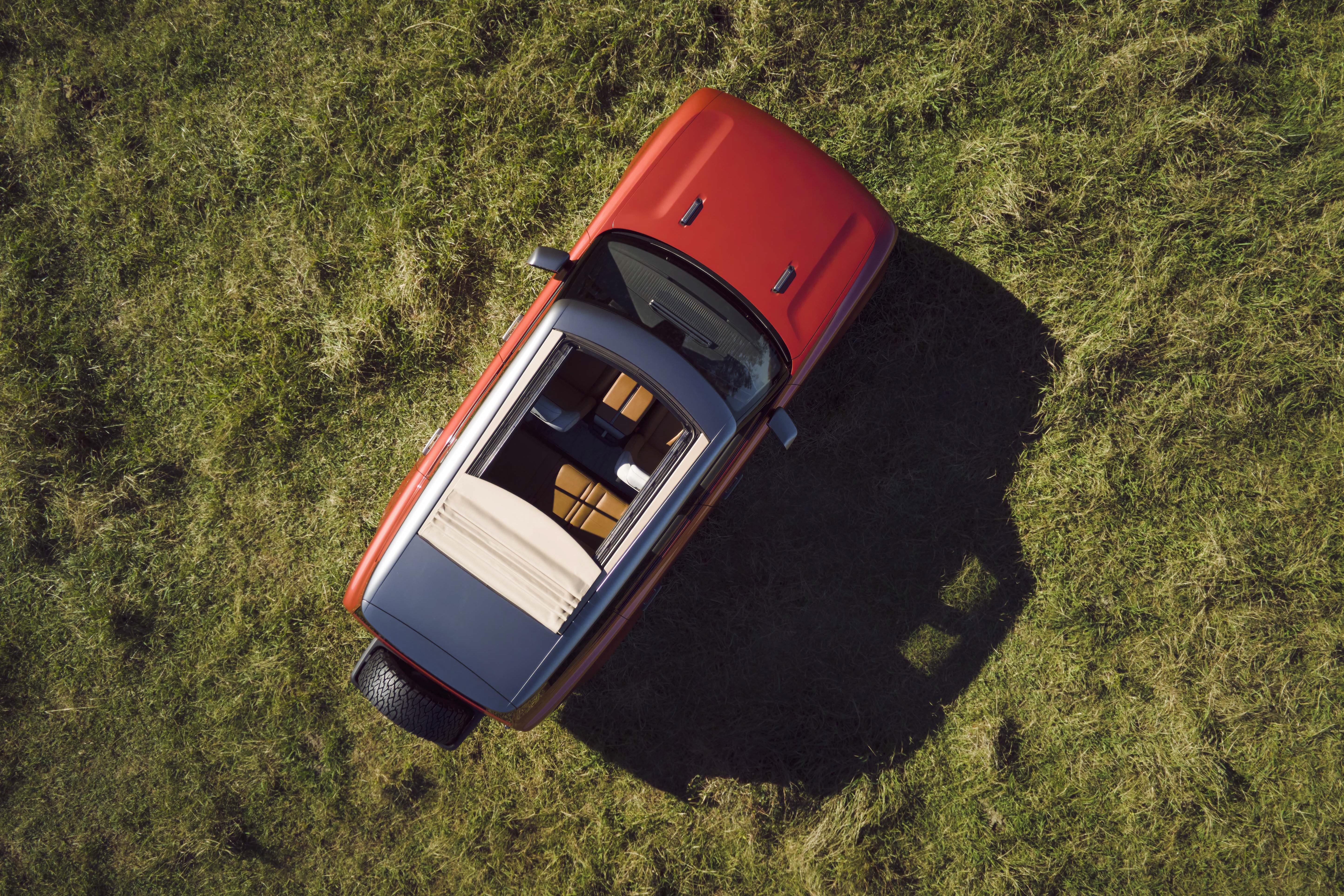
Scout models will be based on a ladder frame and fitted with a solid rear axle, mechanical front and rear differential locks, and a front sway bar which can disconnect for greater wheel articulation. They’ll offer a water-wading depth of more than 900mm.
So far, Scout has shown off the battery-electric Terra dual-cab pickup and the Traveler SUV – both of which utilise an 800-volt electrical architecture and dual electric motors, offering up to 563km of range and a claimed 0-100km/h time of less than four seconds.
Extended-range electric vehicle (EREV) variants with a petrol-powered range-extender engine are also planned, providing an additional 240km of driving range. Audi’s proposed Scout Traveler-based off-road SUV is expected to be offered with the latter EREV powertrain.
MORE: Volkswagen’s off-road brand Scout eyes Australian launch
Leave a Comment